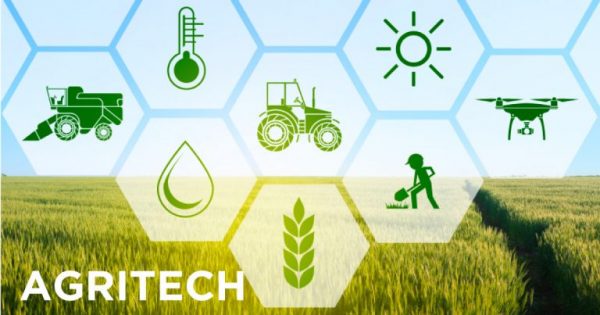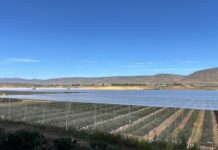Africa’s agricultural sector is set for exponential growth in the coming decade. This is according to research done by Microsoft and compiled by Africa Practice.
The research reveals that with a projected value of US $1 trillion by 2030, the continent is poised to become the global centre of agritech solutions and has also seen rapid growth in e-agriculture solutions.
“With agriculture sustaining 70% of Africa’s livelihoods, Microsoft believes that agriculture is a key sector in Africa. Developing agritech solutions to enable data-driven, precise and connected farming will help farmers across Africa optimise yields, boost farm productivity and increase their profitability. Leveraging our extensive partnerships and initiatives network, Microsoft, through its 4Afrika initiative, is committed to ensuring that all farming communities are equipped with the latest tools like AI, IoT and edge computing to improve productivity and sustainability across the sector,” said Microsoft in a statement.
Agritech sector in Africa has grown over the years. Between 2016 and 2019, the sector grew by 44% year-on-year and the continent has registered the highest number of agritech services in the developing world, reaching over 33 million smallholder farmers to date.
Intra-African trade
Agriculture already accounts for 14% of GDP in Africa and for 52% of the continent’s workforce. According to the research, it’s expected that as the continent’s middle class rapidly grows, they will drive increased demand for fresh produce, while the implementation of the African Continental Free Trade Agreement (AfCFTA) could boost intra-African trade by 49%. Through increased investments in inputs, storage facilities and irrigation infrastructure, Africa is expected to increase its agricultural output by up to three times by 2030.
Smallholder farmers account for 80% of the farming community, and it’s predicted that up to 200 million smallholders will be registered for agritech solutions by 2030. Mobile connectivity is predicted to reach over 55% by 2030, compared with 45% currently, meaning that over 85% of smallholder farmers could have access to feature or smartphones and mobile solutions. Agribusinesses provide tech services to these farmers, using digital tools to reach smallholders with extension services.
Agritech solutions
Agritech solutions have a direct impact on the farmers they engage with. For instant, Twiga Foods links smallholder farmers in rural Kenya to informal retail vendors in cities. With Twiga’s mobile-based business-to-business food supply platform, vendors can order fresh produce from farmers across Kenya at competitive prices.
Another 4Afrika partner, NFrnds, brings the power of digital to subsistence and smallholder farmers in Africa and other emerging markets, via mobile. The platform provides vital information to users, and has nurtured a community of farmers who network with and support each other. It also provides access to financial services for market segments that are traditionally underserved by formal banking and insurance.
“Technology has the potential to change the face of farming, using smart tools and platforms for precision farming, predicting weather patterns, maximising the use of scarce water resources. By harnessing agri-tech, we can help solve the pressing issues around food security to meet the United Nations Sustainable Development Goal #2 of Zero Hunger, and enhance economic development in the process,” said Amrote Abdella, Regional Director, Microsoft 4Afrika.









